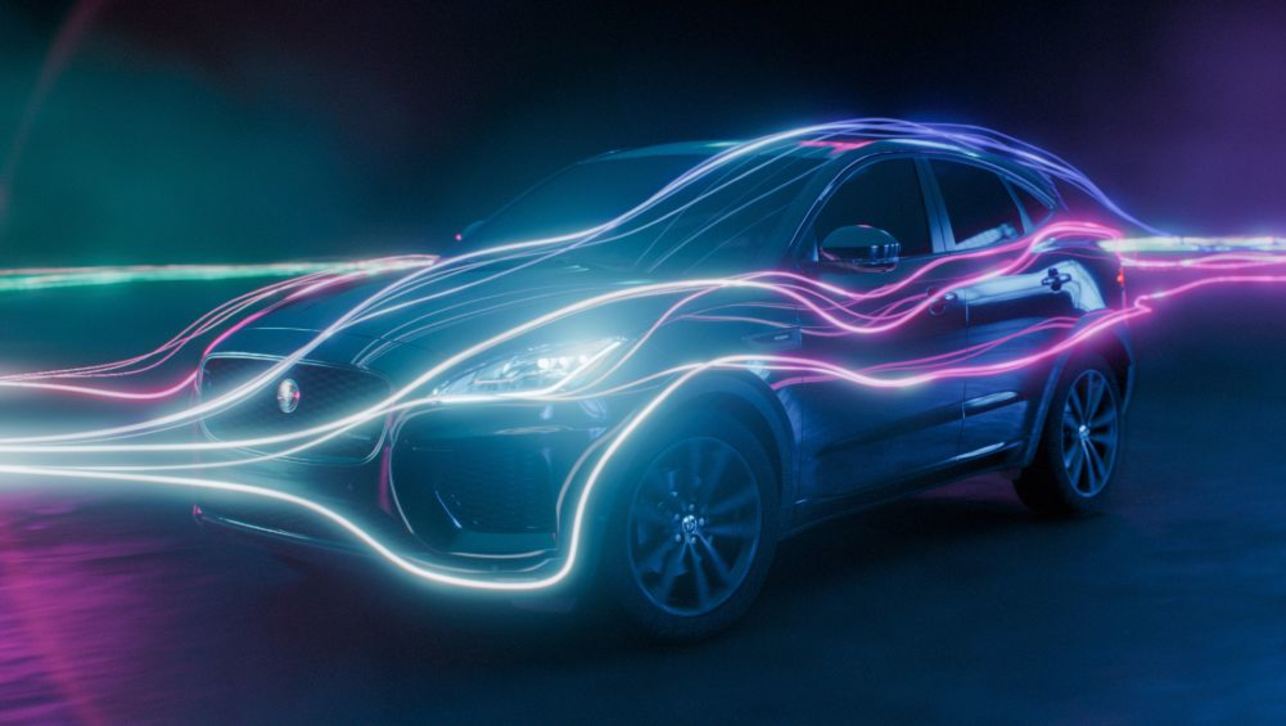Have you ever categorically committed yourself to something only to then have second-thoughts and try to get out of it? It can be awkward at a social event or work occasion, but it may be incredibly difficult if you’re a multi-billion dollar car maker.
But that could be the situation some brands find themselves in after making what may turn out to be an early declaration of ditching petrol-power for electricity. Big name brands Cadillac and Aston Martin have both recently walked back earlier talk they would be all-electric in the near-future as demand for EVs softens globally.
But what about other brand’s that have publicly committed to ditching ICE for EV? Is now the time to panic and change plans? Or could an early switch actually serve them well?
As we’ve written previously, for a brand like Volvo to make a bold switch to an all-electric line-up in Australia by 2026 (ahead of its global forecast) is a risk worth taking. The Swedish brand has too much ground to make up on the likes of BMW and Mercedes-Benz in the sales race in a straight fight, so why not mix it up and hope the near-future luxury market is EV biased.
Brands including Jaguar and Alfa Romeo have made it clear their future is electric and have shown no signs of changing, despite the current dip in demand - so what are the chances of success?
Jaguar
The leaping cat brand has put all of its eggs in the EV basket, effectively pausing its line-up for years in order to reinvent itself as a more premium, electric-only car maker by 2025. Management even scrapped an almost launch-ready electric XJ sedan in order to commit to its new vision, a move that will have cost billions.

But, like Volvo, this is probably a gamble worth the risk. Jaguar had made a solid effort to challenge the likes of BMW and Benz, launching the XE, XF and XJ sedans as well as the E-Pace and F-Pace SUVs and I-Type EV, but that wasn’t enough to attract enough attention.
So, a move to an even more premium focus, with a higher level of luxury, a higher price and less volume is arguably the best chance of making an impact again.
Alfa Romeo
Given the brand’s historical image as a performance-first luxury brand, with some great petrol-powered engines, its decision to go all-electric by 2027 is puzzling and disappointing. Some (mostly its passionate Alfisti fans) would likely prefer they take the Aston Martin path of sticking with internal combustion for as long as possible.

But from a business perspective, it’s not hard to understand why parent company, Stellantis, is taking Alfa Romeo down the path that it is. It will be able to share platforms across most of its brands to keep costs down and expand quickly.
History, though, is not on Alfa Romeo’s side. The brand has had more eras than Taylor Swift and if going all-electric fails, it’s hard to see a bright future to what was once Italy’s answer to BMW.
Chrysler
The American brand has said it will be all-EV by 2028, which is not really a surprise given it’s also part of Stellantis and will likely share many of the same technologies as Alfa Romeo (and Peugeot, Citroen, Dodge and more).
Given the current state of the brand, it’s clear its resources are focused on the future. Not only is it not in the Australian market, but in its domestic market it’s only selling two models - the Pacifica people mover and the near-ancient 300.

Given its position within the Stellantis hierarchy - an American luxury brand - it makes sense to go electric. Who knows, maybe this could be its way back down under by next decade if demand for EVs grows?
Genesis
There are plenty of other brands that have announced they will be EV-only by 2030, including Lotus and Bentley, but we’ve decided to focus our attention on the South Korean luxury brand as it has the biggest potential impact.
At present, Genesis doesn’t have a unique selling point to challenge its far more-established German rivals, so making an earlier switch to electrification creates an opportunity. Mercedes, BMW and Audi will all most likely still be selling ICE models by 2030, so if Genesis can separate itself it could pay off.

Unless… There's still a lot of time between now and the end of the decade and Genesis has been making steady progress. It would be a shame to make up ground to its rivals, only to then concede it again with a premature switch to electric. This will be a test for Genesis’ global management in the short-term to ensure it sets up the brand for the long-term.




-2.jpg)


.jpg)

.jpg)
.jpg)



.jpg)

.jpg)
.jpg)

.jpg)
.jpg)



.jpg)

.jpg)


.jpg)
.jpg)

Comments